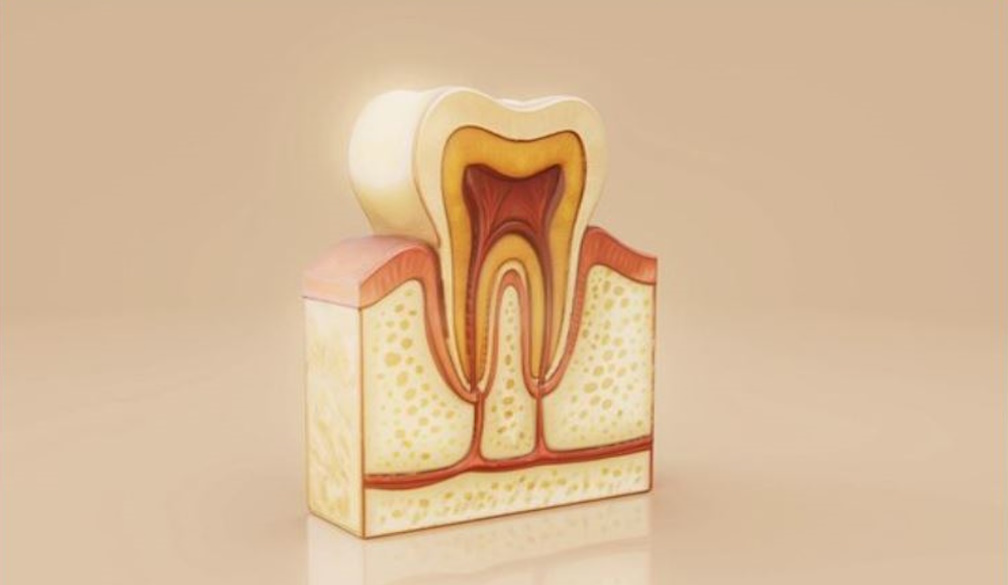How does the government’s long-awaited anti-corruption bill rate? An integrity expert breaks it down
- Written by A J Brown, Professor of Public Policy & Law, Centre for Governance & Public Policy, Griffith University
The prospects of Australia securing a strong federal anti-corruption agency have taken a huge leap forward, with introduction of the Albanese government’s much awaited National Anti-Corruption Commission bill[1] into federal parliament.
It’s 17 years since Transparency International Australia first recommended this reform, and five years since a Senate Select Committee[2] agreed unanimously it was time to give it serious consideration.
While the Greens had taken the lead and introduced bills for an integrity commission for over a decade, it wasn’t until Labor promised one in January 2018, and Independent Cathy McGowan[3] introduced one into a hung parliament in November that year, that the then Coalition government was forced to act. However it was November 2020 before the Coalition revealed a much-criticised draft bill[4], which was never introduced.
Ultimately, the Morrison government’s failure to deliver a credible proposal was instrumental in its defeat in May 2022. But it also paved the way for a commission that can be not just strong and effective, but enduring, with the Coalition Opposition now signalling strongly[5] it wants to regain credibility[6] by supporting Labor’s vastly superior model.
Read more: Crossbenchers seek assurances as anti-corruption bill is introduced this week[7]
In coming weeks, a joint select committee of the parliament will take submissions and review the bill, and recommend any improvements by November 10.
It will be a crucial process. The government is close to delivering on its promise to create a state-of-the-art anti-corruption body – but isn’t quite there yet.
Scope of corruption
The first strength of the proposed commission lies in the scope of corruption that it can investigate.
The Labor plan goes broader than the Morrison model, which for politicians and most of the public sector was limited to criminal offences – not “grey area” corruption where most of the scandals and problems actually lie.
Instead, it covers any conduct that could adversely affect, directly or indirectly, the honest and impartial exercise of a public official’s powers or performance of their functions. It’s a definition that’s simpler, more flexible, and less legalistic or complicated than most State definitions.
In a win for democracy, there’s almost no difference in treatment between politicians and anyone else. And to drive a stronger integrity system, the Commission has to be notified of all serious or systemic corruption issues arising across federal government, and can receive and assess information from any source about any corruption issue – even if only minor – to ensure it’s dealt with.
The strong investigative powers of the Commission itself will be saved for those corruption issues it independently assesses to be serious or systemic. But given any significant corruption issue is, by definition, serious in nature, this should present no bar to the Commission investigating what it needs to.
As flagged by Attorney-General Mark Dreyfus[8] on Monday, not only public officials but “any person”, including private individuals or businesses that seek to corrupt public decision-making, can be in the frame.
Prevention, resources and independence
Other strengths of the bill include a clear function to drive corruption prevention and education initiatives across the Commonwealth, including holding public inquiries into corruption risks and general integrity issues. This is one of the few features preserved and extended on from the Coalition’s model.
After some early, inadequate estimates[9], Labor has now backed the Commission with more serious resources. It’s lifting the Coalition’s proposed annual budget of $42 million to a promised $65.5 million[10] annually.
Together with other[11] measures[12], flagged or underway, these features make the proposed National Anti-Corruption Commission by far the biggest integrity reform in Australian federal government for at least 40 years.
So, where are the wrinkles?
Against all these strengths, questions still surround whether:
- the budget of the Commission will be sufficiently independent and guaranteed
- the parliamentary committee overseeing the appointment and performance of the commission is constituted in a genuinely durable, multi-partisan fashion
- and whether the proposed inspector of the Commission’s powers has wide enough functions to properly fulfil that job.
But the two biggest problems relate to public hearings, and the major gap in the federal integrity system which remains unfilled: effective whistleblower protections.
The new bill fulfils a promise to empower the commission to hold public hearings where necessary and in the public interest, like a royal commission.
However, the Albanese government’s model has unexpectedly fallen short in proposing public hearings be available only in “exceptional circumstances”.
This limit wasn’t part of the “design principles[13]” Labor took to the election. Nor is it an accurate description of when such powers should be, and are used successfully by royal commissions and standing state anti-corruption bodies. It has proved a cumbersome barrier in the only state where it applies (Victoria).
There are ways to further ensure public hearings are only used where appropriate, to address any fears[14] of a “kangaroo court” or “show trials[15]”.
But our joint research[16] between Griffith University and Transparency International Australia makes it plain: “exceptional circumstances” is unhelpful and potentially dangerous as a test for that purpose.
Finally, the government gave an election pledge that its package would be “extremely similar[17]” to the integrity commission models previously introduced by the Greens, McGowan and her successor, Dr Helen Haines.
However the bill differs substantially from Haines’ model by not including a whistleblowing commissioner, identified by past parliamentary inquiries as also central to a strengthened integrity system.
Despite recently telling parliament[18] the government was taking the idea of a whistleblower protection authority “very seriously indeed”, it got no mention in the Attorney-General’s speech[19] introducing the new commission.
The government has committed to fix overdue, minor problems with federal public sector whistleblowing laws. But it’s yet to outline plans to address more serious reforms[20] to plug this gap, including an agency to actually enforce protections and make them real.
It remains to be seen whether all these historic integrity reforms, when complete, will be enough to reverse Australia’s decade-long slide[21] on Transparency International’s Corruption Perceptions Index.
However, there can be no doubt Australia is set to take at least one huge step forward.
Read more: View from The Hill: The challenge of 'grey' corruption and creating a culture of integrity[22]
References
- ^ National Anti-Corruption Commission bill (parlinfo.aph.gov.au)
- ^ Senate Select Committee (www.aph.gov.au)
- ^ Independent Cathy McGowan (www.theguardian.com)
- ^ draft bill (theconversation.com)
- ^ signalling strongly (www.theguardian.com)
- ^ regain credibility (www.theguardian.com)
- ^ Crossbenchers seek assurances as anti-corruption bill is introduced this week (theconversation.com)
- ^ Attorney-General Mark Dreyfus (www.theguardian.com)
- ^ inadequate estimates (theconversation.com)
- ^ a promised $65.5 million (amp.smh.com.au)
- ^ other (www.accountabilityrt.org)
- ^ measures (www.aph.gov.au)
- ^ design principles (www.alp.org.au)
- ^ fears (www.theguardian.com)
- ^ show trials (www.theguardian.com)
- ^ our joint research (transparency.org.au)
- ^ extremely similar (www.smh.com.au)
- ^ telling parliament (www.aph.gov.au)
- ^ speech (www.aph.gov.au)
- ^ serious reforms (theconversation.com)
- ^ decade-long slide (theconversation.com)
- ^ View from The Hill: The challenge of 'grey' corruption and creating a culture of integrity (theconversation.com)













